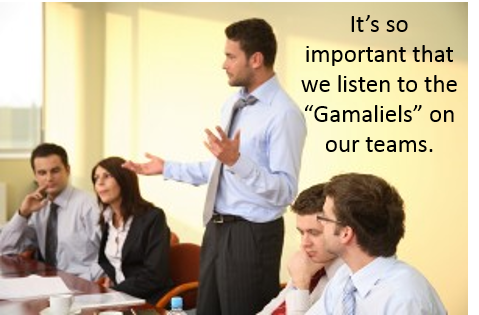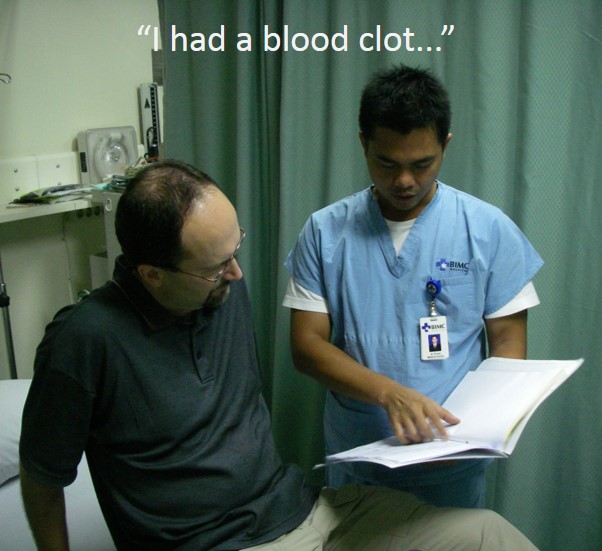Listening to the Wise Voices of Reason
 Have you ever been in a group conversation that completely changed direction after someone spoke up with a contrary viewpoint?
Have you ever been in a group conversation that completely changed direction after someone spoke up with a contrary viewpoint?
In Acts 5:17-42, we see that the Sanhedrin was furious with Peter and the apostles after they had defied their order to stop preaching in the name of Jesus. To make matters worse, the apostles had even accused the Jewish religious leaders of killing Jesus. The Sanhedrin was ready to stone the apostles when Gamaliel, a teacher of the law honoured by all the people, stood up in the assembly. He said, “Leave these men alone! Let them go! For if their purpose or activity is of human origin, it will fail. But if it is from God, you will not be able to stop these men; you will only find yourselves fighting against God” (Acts 5:38-39). Gamaliel injected a wise voice of reason into the heated discussion, which convinced the Sanhedrin not to do anything rash. His contrary viewpoint challenged the groupthink that was occurring and completely changed the direction and outcome of the discussion.
It’s so important that we listen to the “Gamaliels” on our teams who speak wisely and help to focus our discussions. Sometimes, it is the quiet team member who brings this kind of wisdom to the table. As leaders and group members, it’s important that we create and support an open and safe atmosphere where everyone can contribute their insights. When a “Gamaliel” speaks, let’s be quick to listen and heed the wise voice of reason even when it means changing our direction.

 While serving at an English Camp in Thailand, I noticed a persistent pain in my calf muscle. Just before flying to Indonesia for the second stage of the missions trip, I emailed a couple medical doctor friends back in Canada about the problem. When I arrived in Bali where I was do some leadership training with Christian radio station managers, I checked my emails and saw one from one of my doctor friends. He said in no uncertain terms, “Get to a hospital now and get it checked out.”
While serving at an English Camp in Thailand, I noticed a persistent pain in my calf muscle. Just before flying to Indonesia for the second stage of the missions trip, I emailed a couple medical doctor friends back in Canada about the problem. When I arrived in Bali where I was do some leadership training with Christian radio station managers, I checked my emails and saw one from one of my doctor friends. He said in no uncertain terms, “Get to a hospital now and get it checked out.” A number of years ago, a dear widow in the church where we were pastoring came to our home and explained to us that she would like to share her bank account with us. At first, we didn’t grasp what she was offering. We finally realized that she wanted to share her money with us, similar to how the early Christians had everything in common (
A number of years ago, a dear widow in the church where we were pastoring came to our home and explained to us that she would like to share her bank account with us. At first, we didn’t grasp what she was offering. We finally realized that she wanted to share her money with us, similar to how the early Christians had everything in common (